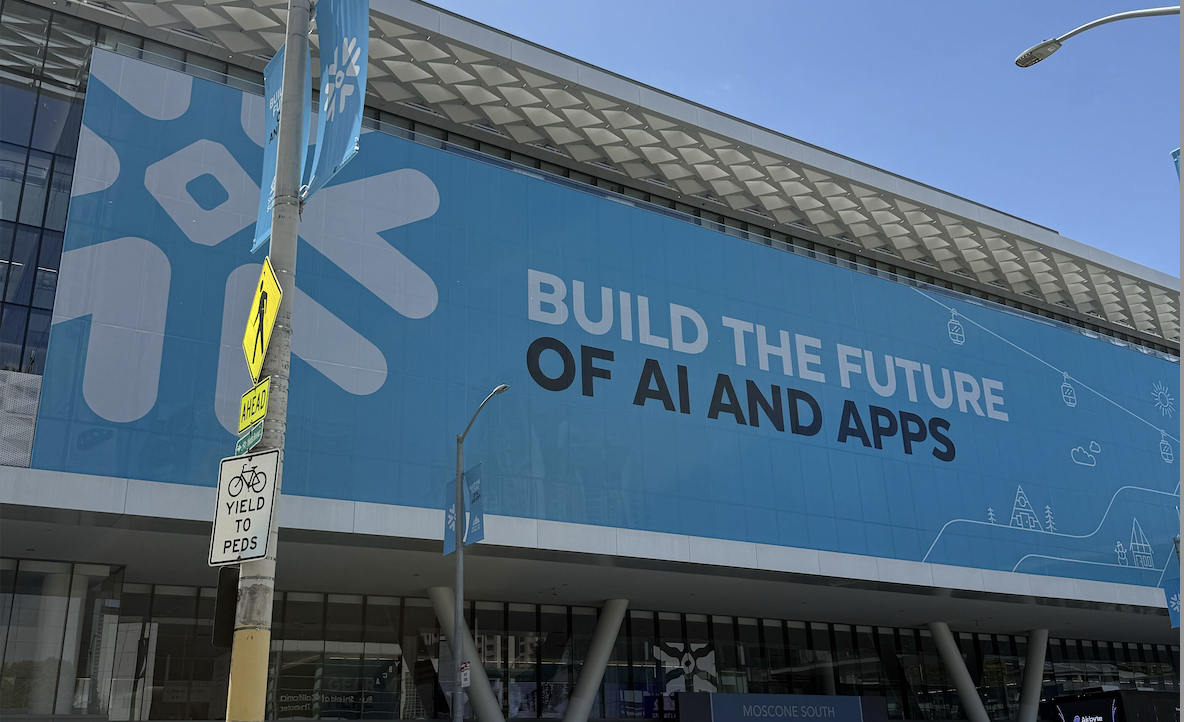Why Prediction is So Important For Business

Chaos and uncertainty make life hard. In business, they cost you time and money. Without predictable revenue, paying your employees and maintaining customer service becomes tricky. If you cannot make sound financial forecasts, you will spend more on financing. If you can’t predict your maintenance needs, you run the risk of suffering through embarrassing equipment failures.
The Good News About Predictions In Business
Over the past few years, a new wave of technologies – Big Data analytics, machine learning, and AI – have emerged to make reliable business predictions easy. A decade ago, those technologies were limited to the largest companies in the world: Amazon, Microsoft, and others with armies of technical talent. Those companies have already done the hard work to make business more predictable.
What’s new is that business prediction technology is now available to every company, including yours. You can take technology off the shelf, plug in your data and start to receive accurate business predictions and forecasts in weeks. Let’s take a quick look at three ways companies are harnessing the power of predictions to produce better results.
The New Way Companies Are Improving Prediction
1. Improving revenue by making product recommendations
Amazon has a recommendation engine that predicts the products that customers are likely to order. By analyzing millions of transactions, they have made tremendous advances. Consider Netflix. Customers are more likely to stay on as a paying subscriber if they continue to find relevant content to watch. Netflix’s recommendation engine accounts for 70% of content viewed on the platform. In essence, it predicts the next product (i.e. TV show, movie, documentary, etc) customers would like.
2. Anticipating employee departure with AI
Recruiting new employees is expensive. A newly hired college graduate might take 6-12 months to become a productive contributor. Further, external recruiters add to the cost by applying fees equivalent to 20-30% of an annual salary to recruit professionals. If companies could predict when an employee was likely to leave, managers would have the opportunity to act differently and retain their star employees.
To solve this problem, IBM has developed technology to predict which employees will leave a company with 95% accuracy. With 350,000 employees, IBM has an extensive global workforce so using AI to understand such a large group is feasible. According to CNBC:
“IBM HR has a patent for its ‘predictive attrition program’ which was developed with Watson to predict employee flight risk and prescribe actions for managers to engage employees. Rometty would not explain ‘the secret sauce’ that allowed the AI to work so effectively in identifying workers about to jump (officially, IBM said the predictions are now in the 95 percent accuracy ‘range’).”
Fortunately, IBM is sharing this new capability with the marketplace. Companies can purchase AI solutions from IBM (and other companies) so that they can predict employee behavior more accurately. Providing insights about which skills are in demand is one of AI’s key predictions. From the company’s perspective, predicting which skills will be needed means you can focus on training and recruiting activities accurately.
3. Improve supply chain management predictability
When you manage a traditional inventory of products, forecasting your day to day inventory needs is crucial. If you get inventory levels wrong, you will disappoint customers, and they will go elsewhere. For companies with a large number of retail locations and individual products, predicting demand is critical. American Express notes that, “market-research firm IDC predicts that by 2020, 50 percent of mature supply chains will use AI and advanced analytics for planning.”
As AI-powered predictions take off in popularity, running out of products during Black Friday sales and other significant promotions may vanish.
What Steps Will You Take To Bring More Predictably To Your Business?
Intuition and guesswork have their place, but they cannot be successful on their own. If you are going to retain employees, recommend products to buyers and keep the right inventory, you need AI-powered predictions. To bring this capability to your business, you need to make a few simple decisions.
1. Choose one area to improve with prediction technology
Our research suggests there are two areas you should focus on: sales and marketing and supply chain management. By choosing one area for improvement, you can prove the concept and go from there.
2. Assess your data quantity and quality
For modern business predictions to succeed, you need a significant amount of past data to use as a baseline. To get ready, meet with your IT peers to assess the quality (e.g., percentage of data points without errors or percentage of data which has been verified) and quantity of your data.
Not sure where to get started? There is a way to bring prediction technology to life in your company faster. Contact Blue Orange to discuss ways to bring predictable business practices to your organization.


